
Ivonne moves Mickey’s glass toward Manuel’s mouth and he takes a last sip of water. He opens the palm of his hand, raises it, moves it and says a few intelligible words.
“All done?” he asks Ivonne, interpreting the gibberish. “I am teaching him Lesco (Costa Rica sign language) while he learns to speak,” he says.
Manuel is a smiley, blonde, one-and-a-half-year old boy with Down syndrome (DS) and lives with his parents and sister in Cañas Dulces, in Liberia.
Lesco is just one of the early stimulations that he receives. His mom is in charge of teaching him the sign language because, she says, it’s easier for babies to communicate that way. “The cognitive aspect goes faster than the muscular, so kids understand concepts before being able to express them with words,” she says.
Every once in a while, Manuel shows off his repertoire of signs that he can make and words he attempts to say. His best pronounced word is avocado, one of his favorite foods.
Thousands of people have seen him eating it on the internet. His parents have decided to open up their family dynamic to the world to raise awareness and educate society about the challenges and opportunities of people with this condition. They do it through an Instagram account and a website: Nuestra vida con Manuel. Their efforts are creating results and even bringing advances to the province.
Today, more than 4,000 people learn about DS while they watch Manuel’s growth day to day and see everything he likes to do, like having scrambled eggs for breakfast and swimming.
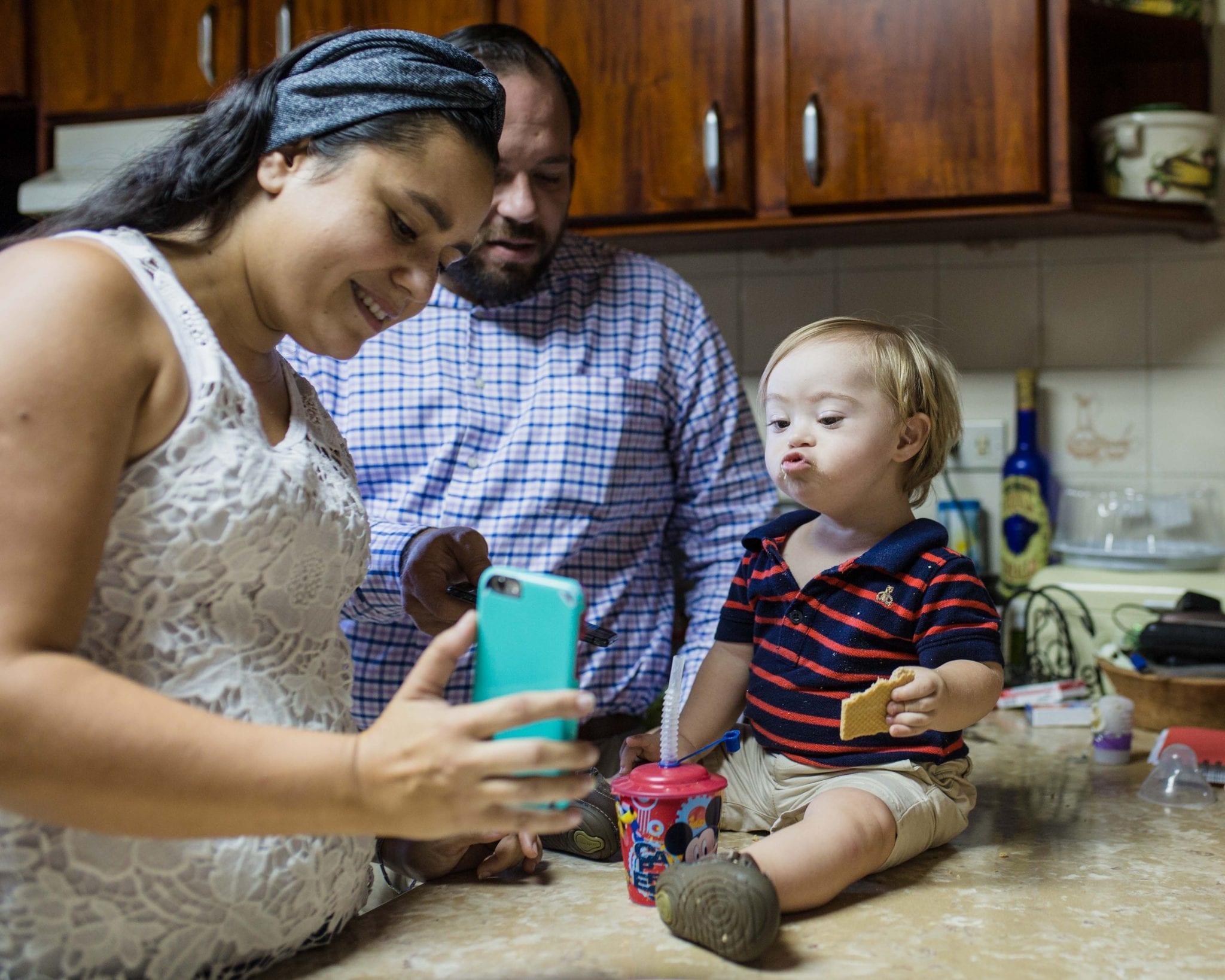
The 800 Challenge
Ivonne, her husband Roberto and their daughter Silvana knew the basics, about as much as people know who rarely come into contact with people like Manuel.
A video they watched during pregnancy gave them an idea. A psychologist and father of a girl with SD was explaining that, on average, one of every 800 babies is born with this disability.
And he said that if every father educated 800 people about it, it’s going to be easier for these children to get involved in society,” Ivonne said. It’s about making a chain of information. People who are made aware can do the same for others, and so on.
Ivonne decided to take on the challenge and educate 800 people. In a province like Guanacaste, the chain becomes even more necessary. There is only one school for special needs kids in Liberia despite having the fourth highest number of people with disabilities, according to the 2011 census.
She complemented the challenge with a conversation with special needs students. “I realized that if they had that level of unawareness, the rest of the population must not know anything,” Ivonne says.
“So I said, of course. That’s how I was before,” she said. “I didn’t know anything and I didn’t know it because you don’t concern yourself with understanding what you don’t need. Now it’s important for me that everyone is aware, not just for Manuel but for everyone who has a disability.”
At the special needs school, people admire the family’s work, especially considering the state of the province. “For us, what Ivonne is doing is very significant. It’s great that there are people raising their voices,” says Lizbeth Mora, Manuel’s teacher.
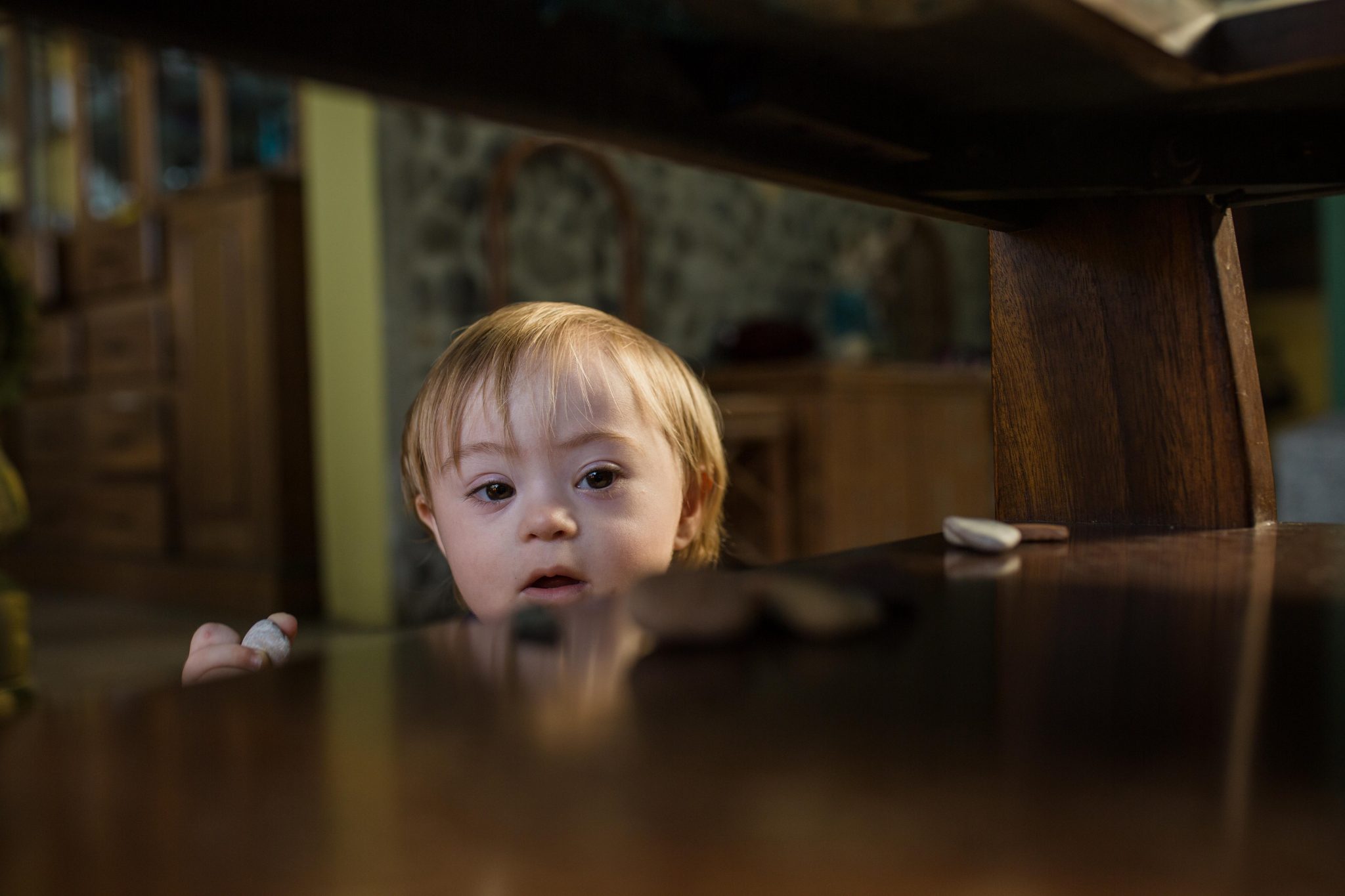
A Sacrifice That Bears
Ivonne quit her job as a merchant in order to dedicate all her time to her son. The words of a geneticist that helped them encouraged her to do it.
“He told us that what Manuel learns in the first three years of life will make the difference. That man spoke for about two hours, but that part stuck with me,” she said.
The family had two paths to take. They could hire a nurse to dedicate entire days to Manuel or Ivonne could quit her job to do it. Financially, the second option was better. While she was at it she could finish the 800 challenge and document and publish information about each therapy session and doctor’s appointment.
When I decided that I was going to create a blog, I sat down and thought, ‘if I am going to do something, then I am going to do it right,” she said. “I’ll publish this on this day. You have to take it seriously.”
She receives messages everyday and earns more and more followers. The chain is giving results.
As she tells that story, Manuel entertains himself with toys. When he sees his reflection in a mirror, he laughs, as he does when he sees himself in his mom’s cell phone.
One of their followers, Amanda Arguedas, had written to Ivonne because she wanted to, but also because she’s afraid of being a mother.
“If I had to go through something like that, I have no doubt that I would like to support myself with Manuel’s story,” Arguedas says. “I’m rather ignorant about the topic and its incredible how she explains the evolution of people with SD can be so successful.”
Her efforts are bringing benefits to the province. Ivonne will soon become the representative for Guanacaste at the Association of Persons with Down Syndrome (Asidown).
The idea is that when a child is born with SD in the Liberia hospital or the hospital in Nicoya, they will send me a report so that I can visit their parents and explain to them what SD is, give them a kit and send them information about how to raise the child,” she says.
Everyday presents a new challenge, from watching Manuel cry while he receives therapy to opening up the family’s privacy. It’s a commitment they have assumed for the future of Manuel and others with the same condition as their son.
“I’m achieving what I wanted to and I’m doing more than what I originally planned,” Ivonne says. She has, in a short timespan, become an activist for the rights of those with this disability.
“In the future, I would hope that Manuel studies or works in a job he likes,” she says as she strokes Manuel’s blonde hair and Manuel responds in gibberish. “I want him to be independent, for us and for everyone.”



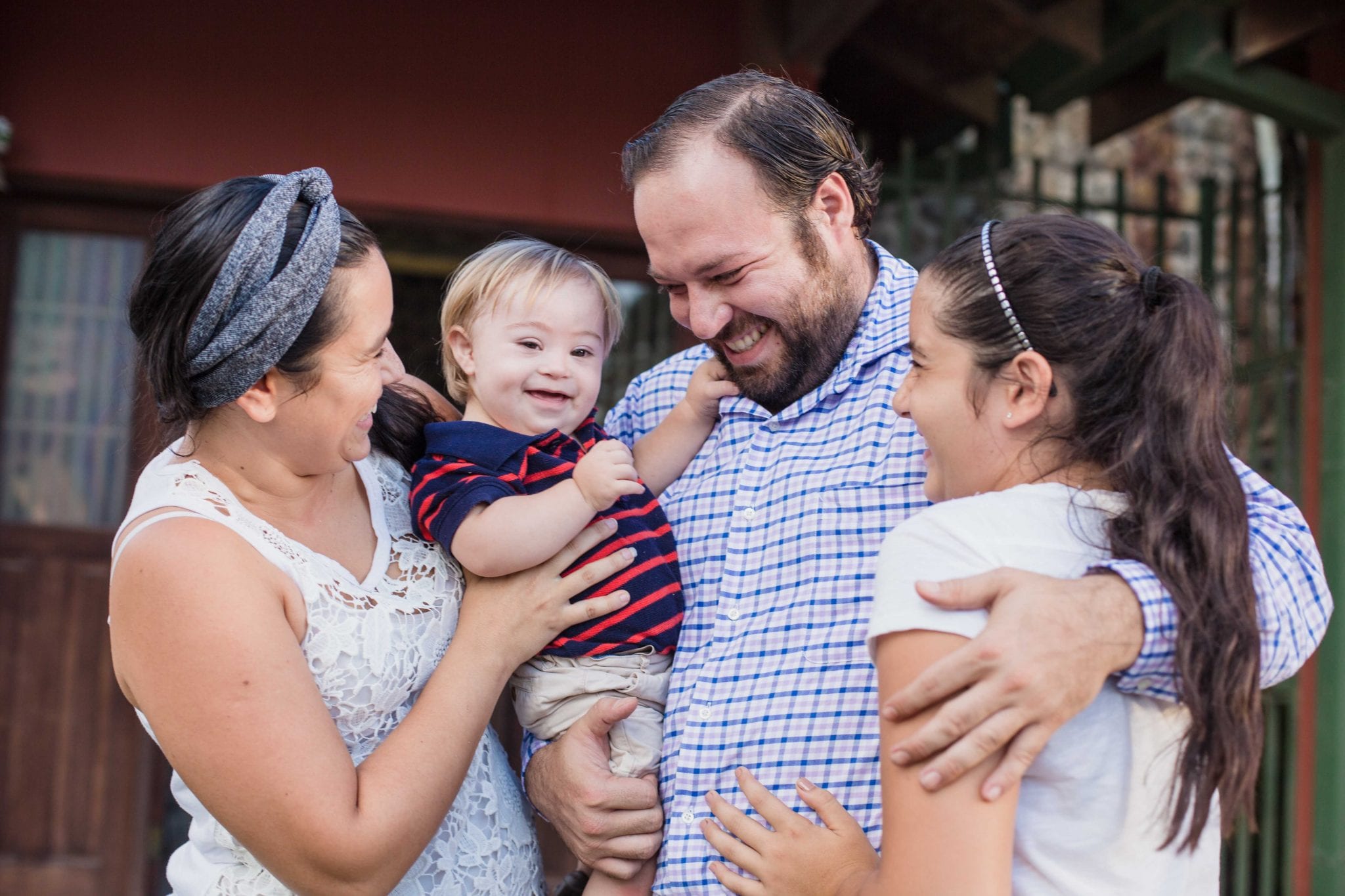
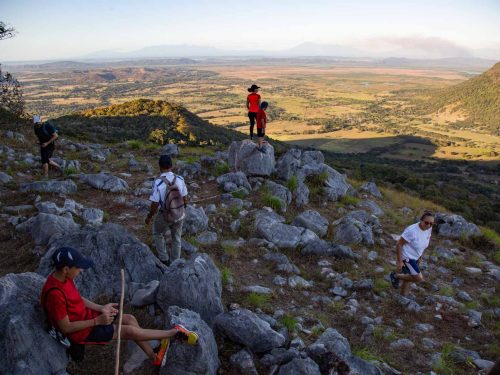

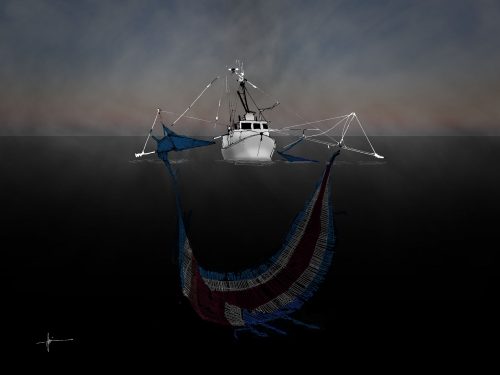

Comments